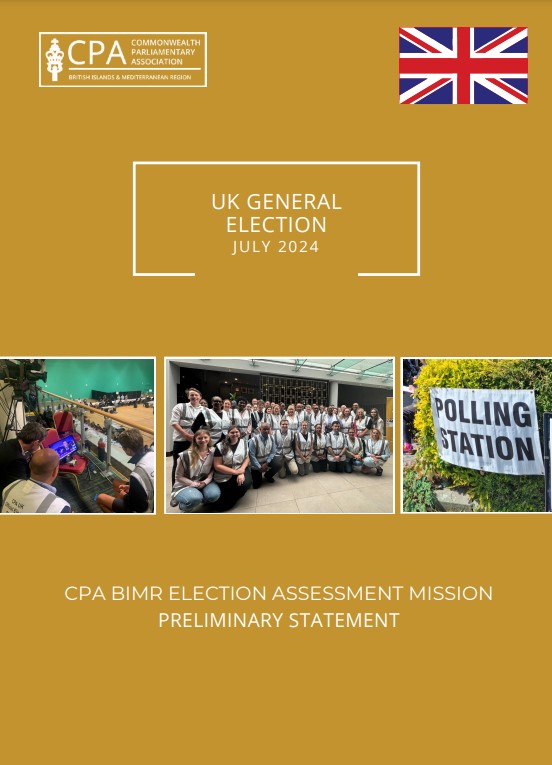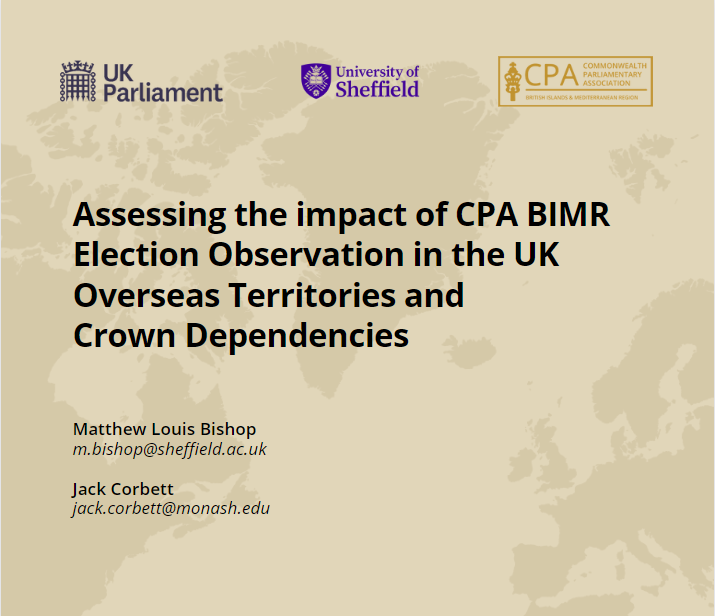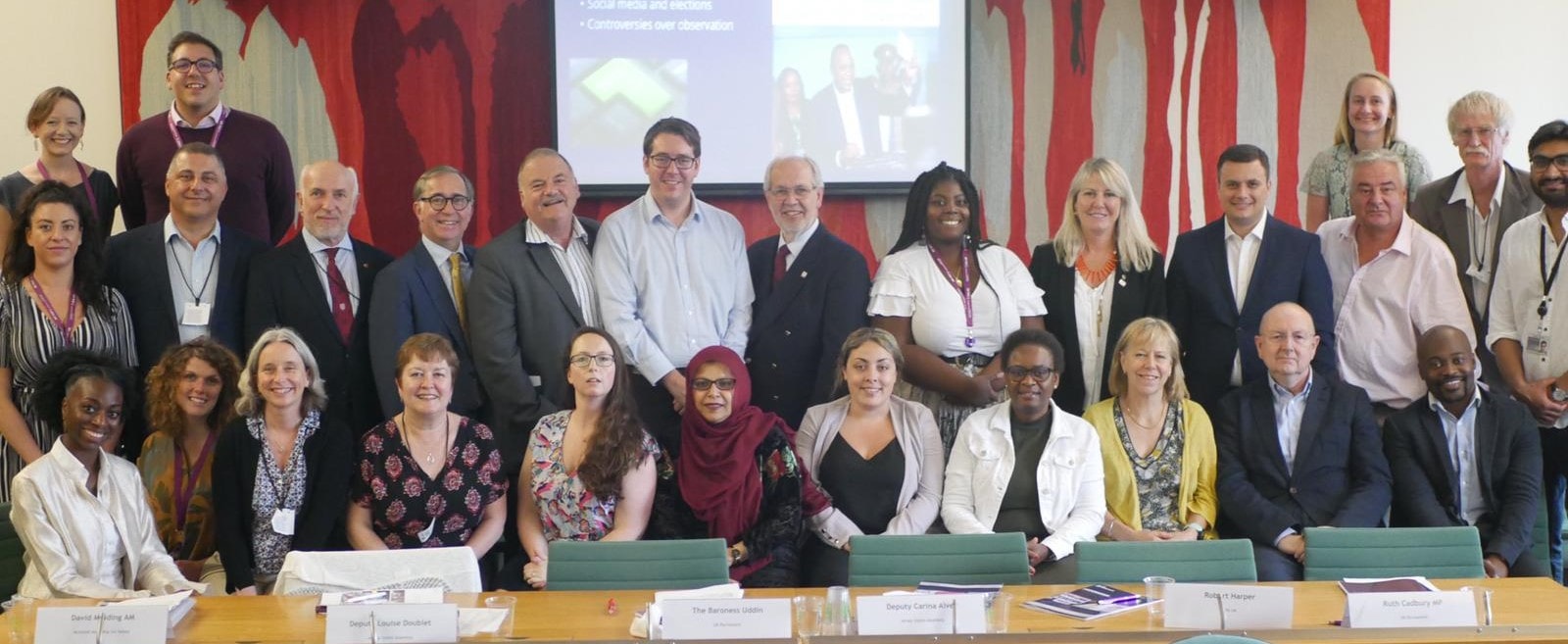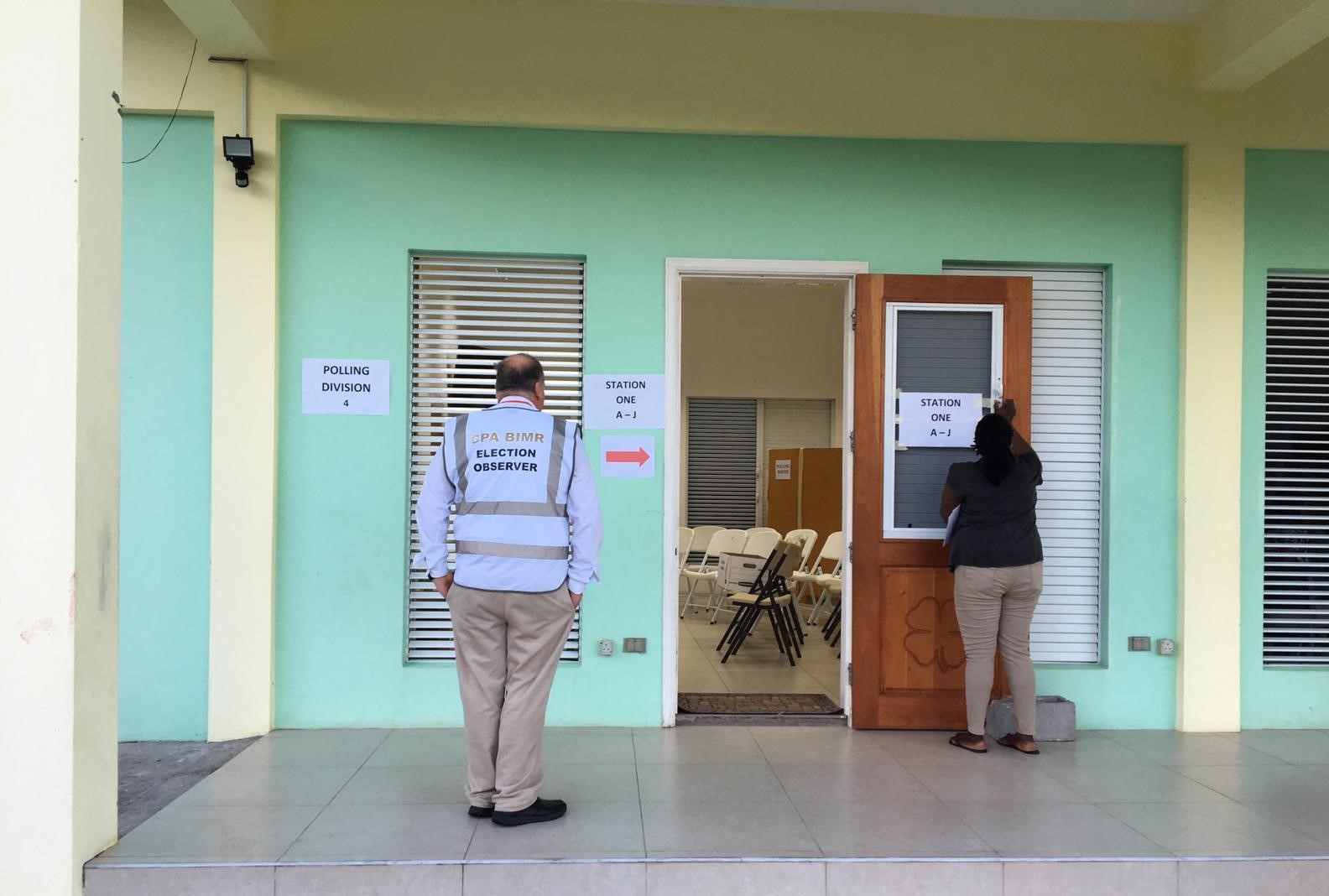‘Our work is not finished. So let's get on with it!’
Published 21 January 2025

Women’s shortlists, gender quotas, male allies, multi-tasking, self-confidence. These were just some of the areas touched upon in the latest discussion about getting more women into parliaments across the Commonwealth.
Organised by CPA’s British Islands and Mediterranean Region, the first webinar of 2025 was called Gender Quota Mechanisms in Parliament (20 Jan, 2025).
Sarah Boyack, an MSP from Scotland and who is also on the Commonwealth Women Parliamentarians Steering Committee, chaired the conversation which included parliamentarians from Kenya, Malta, Guernsey, Jersey, Scotland, the UK and Wales as well as academic Professor Sarah Childs, an expert on women’s representation in parliament.
Sarah Boyack began the conversation by referring to the great strides that Scottish politics has made.
“We've now had quite a series of women leaders across the parties, and that's been important in terms of leadership. We've done a gender audit in Scotland, and we are also focusing on the retention of women, because childcare and caring responsibilities can both put women off standing, but it can also make it harder to be an elected representative. And we don't just need to focus on maternity leave. We also need to make sure that paternity leave is on our agenda, so that it's not just women that are always the ones who are responsible for multitasking, which is very challenging.”
Almost on cue, in the chat function of the webinar, a message appeared from one participant letting others know, “I’ve had a call from my child’s school. Will return asap.”
Professor Sarah Childs stressed her support for quotas. She believes they successfully address persistent shortfalls in women’s representation. She advocates for a ‘quota-plus’ approach with a range of interventions to enable a diverse supply of women candidates.
Malta, a newer democracy, has had some success in getting more women into parliament due to electoral reform that was made law before the last election in 2022. The new mechanism was brought in after a public consultation and works by making additional seats available for under-represented groups. Naomi Cachia, who is one of the new MPs, explained:
“For the first time in our Parliament, out of 79 MPs 22 are women. This is 28%, which is the highest ever ratio that we've ever had. The new mechanism effectively doubled the percentage of women MPs.
“Something that is very positive is that all but two of the women who were given the additional seats were newcomers: myself included. And it has had a very evident effect on the style of debates in Parliament, the issues on the agenda and on the composition of parliamentary committees.
“Although we have a system in place that has given us immediate results and has given us a far better ratio of women in parliament than ever before in the history of Malta, I do recognise that there is a lot of work to be done to make sure that it's not perceived as simply a token, but that it contributes to the changing of attitudes.”
Wherever you live in the Commonwealth, it can still be a struggle for women in parliament. Hon. Beatrice Elachi MP from Kenya described the slow progress of the two-thirds gender rule which aims to bring more women legislators into parliament. Kenya’s 2010 constitution states that not more than two-thirds of the members of elective and appointed bodies shall be of the same gender.
“What we need is to come up with a clear strategy. How are we going to lobby? How are we going to ensure we don't end up having the bill left on the floor of the House?” said Beatrice.
“I am just hoping that we are going to ensure it remains achievable. But having said that, for the last two years women’s issues in the country are sort of finding themselves in a retrogressive manner. The moment you find you've lost the Minister of Gender, and it becomes normal, you just ask yourself, ‘What just happened?’ What is the problem? I've said this many times, even in the media, that if we are not careful as women, we are going to find ourselves with more challenges that we had even before our 2010 constitution.”
Bringing the webinar to a conclusion, the chair Sarah Boyack thanked participants for their active engagement. She spoke about the importance of networks, sharing good practice, and tackling new challenges such as social media safety and artificial intelligence. She ended with a rallying call,
“Our work is not finished. So let's get on with it!”




